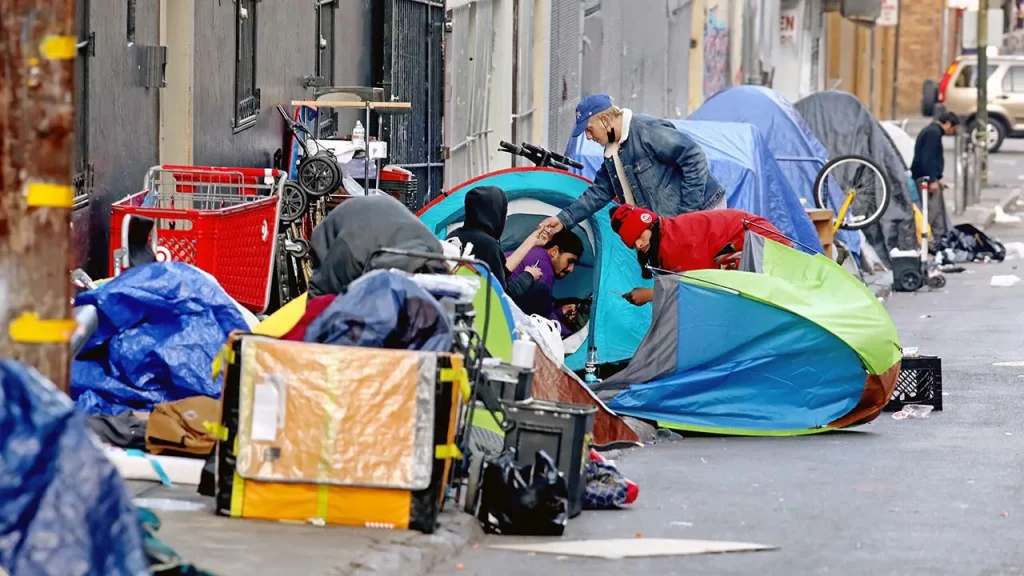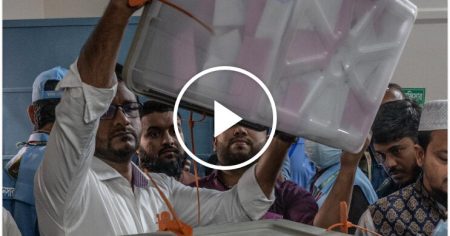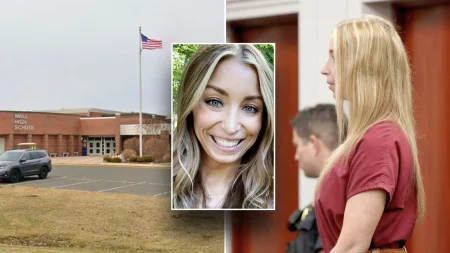San Francisco’s Battle with Repeat Drug Offenders: A City Divided
In a candid address at a community gathering in late September, San Francisco District Attorney Brooke Jenkins voiced frustration over a system that allows repeat drug offenders to cycle through the criminal justice system with minimal consequences. Jenkins, a Democrat who has found herself at odds with many in her own party, highlighted what she sees as a direct connection between pre-trial release policies and the persistent drug and crime issues plaguing San Francisco neighborhoods. “We simply cannot live in a society where we let people tell us over and over again that they will not respect the law,” Jenkins stated, reflecting the mounting concerns of residents, particularly those in the Tenderloin district who face daily encounters with drug-related crimes and their aftermath.
The district attorney pointed to a troubling pattern where the same individuals repeatedly commit crimes after being released, creating a revolving door effect that has demoralized law enforcement and communities alike. Her comments come amid tangible examples of this challenge – on October 1st, her office attempted to detain eight out of eleven individuals charged with drug trafficking felonies but was unsuccessful. This reality underscores Jenkins’ argument that without meaningful intervention for those who consistently demonstrate disregard for the law, the cycle of crime, arrest, release, and repeat offending will continue unabated. The human toll of this approach extends beyond statistics, as Jenkins noted that the same drugs these repeat offenders distribute continue to claim lives throughout the city.
The public defender’s office swiftly countered Jenkins’ position, characterizing her remarks as “fearmongering” and an attack on judicial independence. “Our legal system is based on the presumption of innocence,” the office stated, suggesting that Jenkins’ approach would merely overcrowd jails rather than address root causes. This response highlights the profound ideological divide in addressing San Francisco’s drug crisis – between those who prioritize rehabilitation and pre-trial freedom versus those who believe that certain repeat offenders require detention to protect public safety and break the cycle of addiction and crime. The tension between these perspectives has created a polarized environment where finding common ground seems increasingly difficult.
Tom Wolf, a former homeless addict from San Francisco, offered insight into the complexity of the situation, describing Jenkins as fighting an “uphill battle” against systemic constraints. Wolf pointed specifically to California’s 2018 Mental Health Diversion Act, which allows many repeat offenders to avoid detention by citing mental health struggles, including addiction. “Addiction is considered a mental illness. And so they’re continually referred to diversion, which means that they’re let out of custody,” Wolf explained. This legal framework has created what Wolf describes as an “untenable situation” in San Francisco, with approximately 8,000 people living on the streets, many caught in cycles of addiction and repeated arrests without meaningful intervention or consequences.
The human dimension of this policy debate extends in multiple directions. On one side are residents and business owners who experience daily disruptions, safety concerns, and quality-of-life issues stemming from open drug use and related crimes. The frustration Jenkins articulated reflects these voices – people who see the same individuals committing similar offenses repeatedly with seemingly little accountability. On the other side are advocates who worry about criminalizing mental illness and addiction, arguing that jail time without treatment does little to address underlying issues. Between these perspectives are the drug users themselves, many trapped in cycles of addiction, homelessness, and involvement with the criminal justice system, unable to access effective interventions that might break these patterns.
The situation in San Francisco serves as a microcosm of broader national debates about criminal justice reform, addiction treatment, mental health services, and public safety. Jenkins’ position – unusual for a Democratic district attorney in a progressive city – highlights how traditional political alignments can fracture when confronted with persistent public safety concerns. As the city continues to grapple with these issues, the fundamental question remains unresolved: how to balance compassion for those struggling with addiction and mental illness with accountability for repeated criminal behavior and the community’s right to safety and order. The ongoing dialogue, though contentious, represents an essential process for a city seeking to address complex social problems while maintaining its character as a place of both innovation and inclusion.











